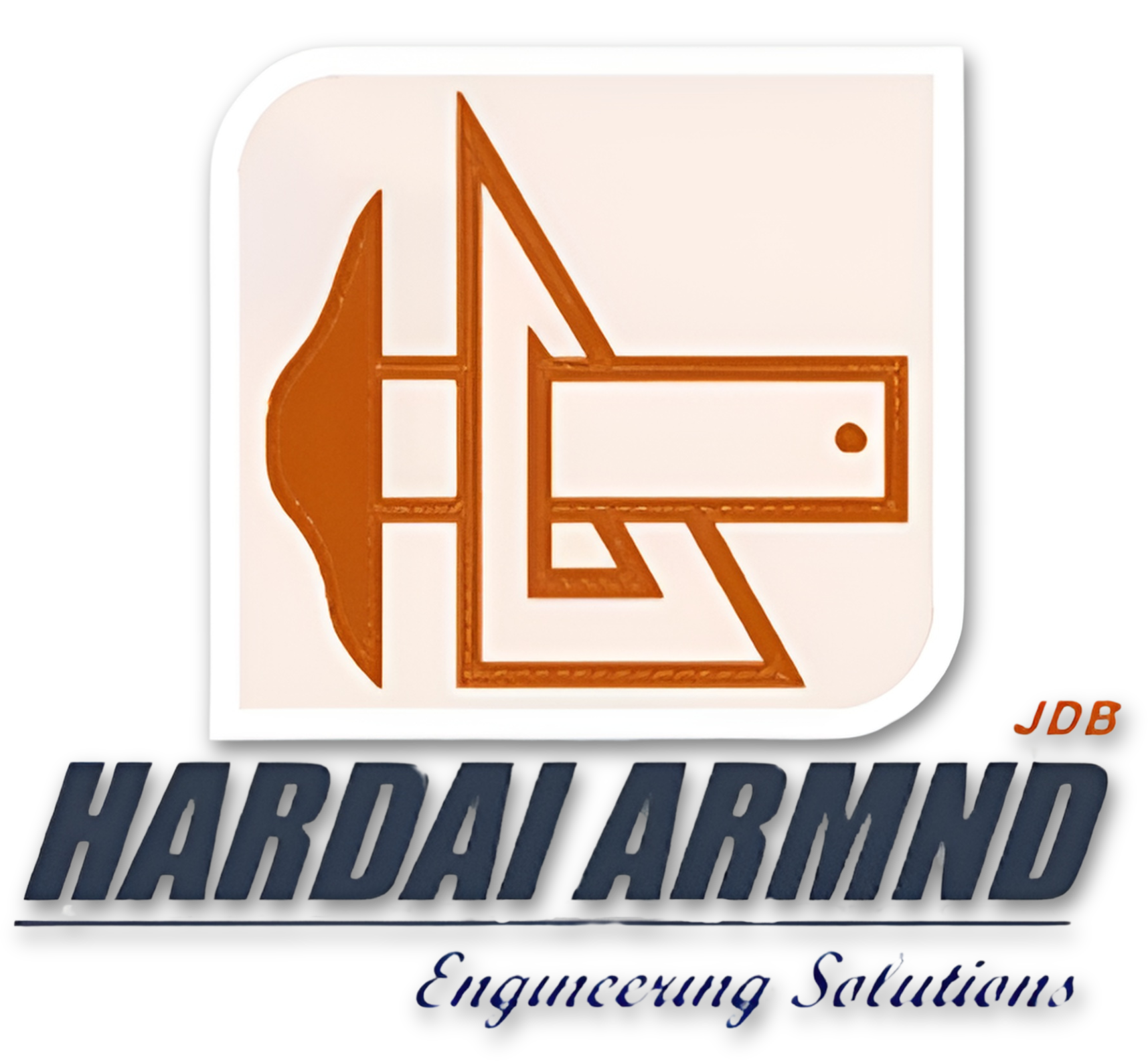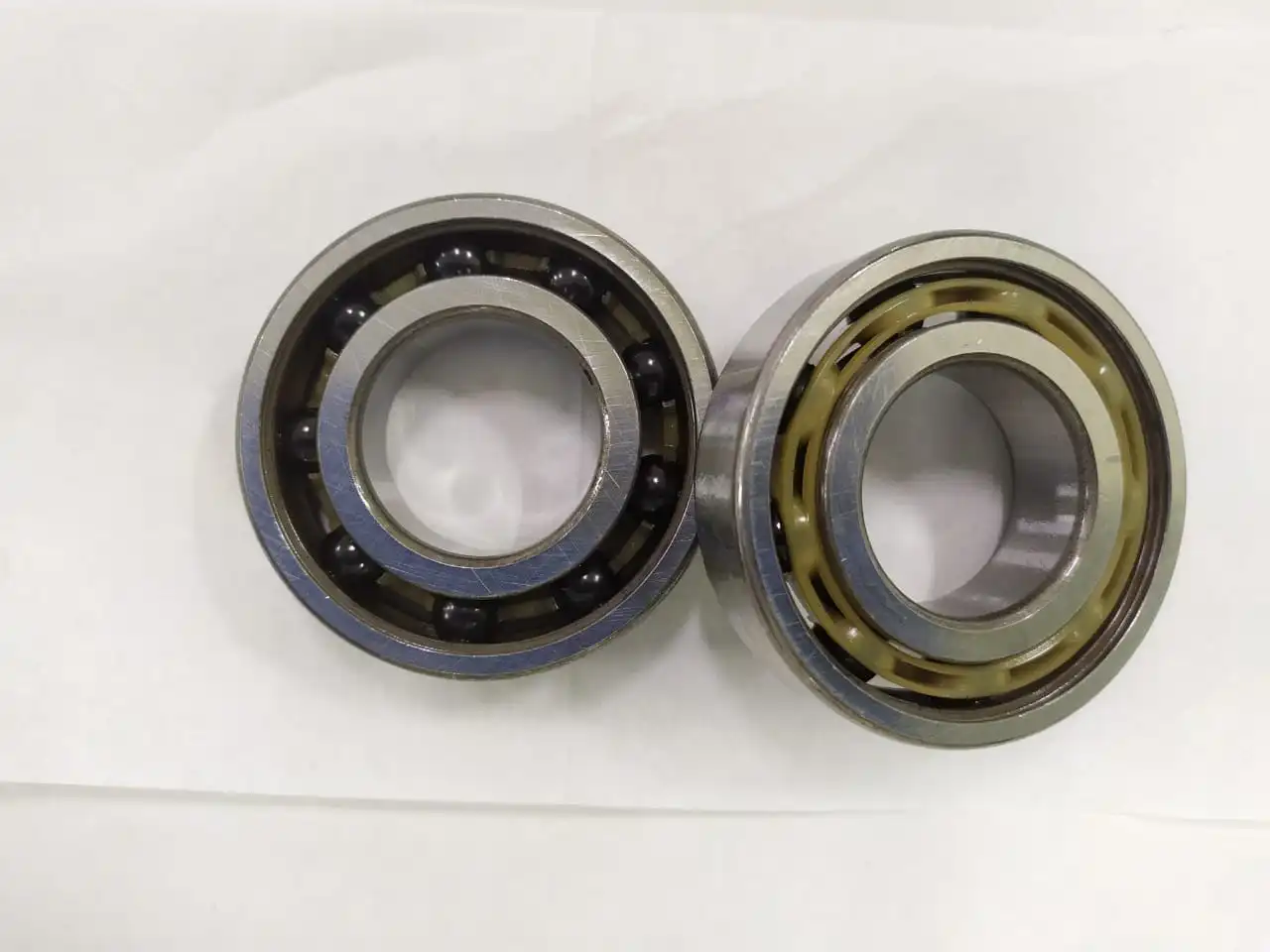MoS2 Coating against E20 Fuel on vehicle engine pistons
- Home
- MoS2 Coating: The Ultimate Solution to Piston Ring Wear from E20 in Engines
Protecting Your Engine’s Heart: MoS2 Coating against E20 Fuel as the Solution
E20 Petrol, with its increased ethanol content (20%), is becoming a standard at fuel pumps, aiming for environmental benefits and reduced reliance on fossil fuels. However, this shift presents a significant, often overlooked, challenge to the very core of our vehicle’s performance: the engine’s piston rings. The reality is that the ethanol in E20 can severely impact these critical components, leading to a cascade of problems from increased oil consumption to overall engine degradation. Understanding this issue and embracing innovative solutions with MoS2 Coating against E20 for both vehicle owners and engine service professionals.
The Unseen Threat: How E20 Affects Piston Rings
The concerns surrounding E20 petrol are multifaceted, extending beyond just the known issues with certain older fuel lines or seals. At the heart of the engine, the piston rings play a vital role in sealing the combustion chamber, regulating engine oil, and transferring heat from the piston to the cylinder walls. These rings operate under extreme conditions of heat, pressure, and friction.
When exposed to E20 fuel, a subtle yet destructive process can begin. Ethanol is a solvent, and its presence, especially at higher concentrations, can interact with the metallic surfaces and any existing protective films on the piston rings. Over time, this corrosive and solvent action degrades the microscopic surface integrity of the rings. This isn’t an overnight failure but a gradual erosion, leading to an increase in the crucial piston ring gap.
This erosion isn’t merely cosmetic; it directly compromises the ring’s ability to perform its sealing function effectively. A widened piston ring gap allows engine oil to bypass the rings and enter the combustion chamber, where it is then burned along with the fuel. This phenomenon, often described as the engine “pulling up the engine oil,” is a clear indicator of underlying damage.
Ethanol Damages the Piston Ring: A Deep Dive into Consequences
The consequences of ethanol damaging the piston ring are far-reaching and detrimental to engine health and efficiency:
- Increased Oil Consumption: This is the most immediate and noticeable effect. When oil seeps past the damaged rings into the combustion chamber, your engine will consume oil at an accelerated rate, requiring more frequent top-ups and potentially leading to higher operating costs.
- Reduced Fuel Efficiency: The presence of burned oil in the combustion chamber alters the fuel-to-air mixture, leading to incomplete combustion and a significant drop in fuel efficiency. Your vehicle might start consuming more petrol to cover the same distance.
- Increased Emissions: Burning engine oil produces harmful exhaust gases, including particulate matter and unburnt hydrocarbons, contributing to environmental pollution and potentially causing your vehicle to fail emission tests.
- Carbon Buildup: The combustion of engine oil leaves behind carbon deposits on the piston crown, valves, and spark plugs. This carbon buildup can lead to a host of issues, including reduced power, knocking or pinging, and premature wear of other engine components.
- Premature Engine Wear: Constant exposure to increased friction due to compromised lubrication and the abrasive nature of carbon deposits accelerates the wear and tear of cylinder walls, pistons, and other critical engine components, potentially leading to costly overhauls.
- Compromised Engine Performance: Over time, the cumulative effects of these issues will manifest as reduced power, sluggish acceleration, and an overall degradation of the driving experience. This truly “ruins the overall fuel and combustion line of the car,” diminishing its longevity and reliability.
The Game-Changing Solution: MoS2 Coating against E20
Fortunately, innovation is rising to meet this challenge. The best solution to this emerging problem is the application of MoS2 Coating on the piston and piston ring. Molybdenum Disulfide (MoS2) is a remarkable material known for its exceptional lubricating and anti-corrosion properties, even under extreme conditions.
How MoS2 Works:
MoS2 is a lamellar (layered) solid lubricant, often referred to as ‘super graphite’ due to its similar structure, but with far superior performance in many applications. When applied as a coating, MoS2 creates a protective layer of anti-corrosion and solid lubrication. This nanoscopic film acts as a barrier, preventing direct metal-on-metal contact and significantly reducing friction and wear. Unlike traditional liquid lubricants that can break down or be displaced under high heat and pressure, MoS2 provides persistent, solid lubrication.
This protective layer does several crucial things:
- Prevents Erosion: It shields the piston ring material from the corrosive and solvent effects of ethanol, thereby preserving the critical piston ring gap.
- Reduces Friction: By dramatically lowering the coefficient of friction, it minimizes wear and tear during the piston’s high-speed movement within the cylinder, prolonging the life of the rings and the cylinder walls.
- Enhances Durability: The inherent toughness of the MoS2 layer makes the piston rings more resilient to the harsh operating environment of the combustion chamber.
Hardai ARMND Engineering Solutions: Pioneering the Future of Engine Protection
Recognizing the urgent need for a robust solution, Hardai ARMND Engineering Solutions is at the forefront of applying this advanced material science. They are pioneering in Molybdenum Disulfide (MoS2) 2D monolayer coating onto the piston ring, that too in mass production. This is a crucial distinction. While MoS2 coatings have existed, perfecting the application of a uniform, durable, and highly effective 2D monolayer coating on precision components like piston rings, especially for large-scale manufacturing, is a significant technological leap.
Their expertise in this nanotechnology allows them to provide a superior protective layer that precisely adheres to the intricate surfaces of piston rings. This ensures maximum protection against the ravages of E20 petrol, effectively safeguarding engines from premature wear and maintaining optimal performance.
A World-Class Engine Service Awaits
For engine repair and service centers across India, embracing this nanotechnology is not just about adopting a new repair method; it’s about future-proofing your business and offering unparalleled value to your customers. By incorporating MoS2-coated piston rings, you can provide:
- Extended Engine Life: Offer customers a solution that directly combats the negative effects of E20, preserving their engine’s longevity.
- Improved Fuel Economy: Help customers save on fuel costs by ensuring efficient combustion and preventing oil pull-up.
- Reduced Emissions: Contribute to a cleaner environment and help vehicles pass stringent emission tests.
- Enhanced Customer Satisfaction: Deliver a world-class engine service that addresses a critical, emerging problem with a cutting-edge, reliable solution.
Be aware of this nanotechnology and its potential. As E20 becomes the new normal, engines will increasingly face the challenges described. By partnering with Hardai ARMND Engineering Solutions, you can position your service center as an innovator, ready to tackle these issues head-on. Contact Hardai ARMND Engineering Solutions to deliver a world-class engine service to all your customers and ensure their vehicles run smoother, longer, and more efficiently in the E20 era.
CONTACT US

#E20PetrolSolution #EngineRepairIndia #MoS2Coating #PistonRingProtection #HardaiARMND #EngineService #AutomotiveInnovation #Nanotechnology #MadeInIndia #FutureReadyEngines #CarCareIndia #EngineersOfIndia #AutoServices##
Safeguarding Your Engine: The MoS2 Solution to E20 Petrol’s Silent Threat



Leave A Comment